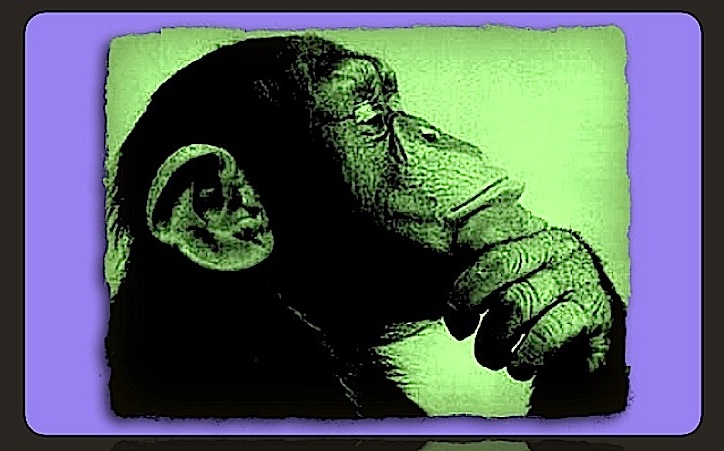We saw how Locke’s views on ‘primary’ and ‘secondary’ qualities emphasise his belief in the physical world as grounding the sense data that empiricism relies on.
Locke’s famous snowball has primary qualities of ‘solidity, extension, figure and mobility’, in other words it takes up a certain round space in the world, you can see it and if it hits you, you’ll feel it! These qualities are in the snowball itself and will not vary according to the circumstances of the person experiencing it: they are what we might call (although I don’t think Locke does) objective qualities.
On the other hand the secondary qualities such as colours sounds and tastes vary as the circumstances of the person experiencing the snowball vary: the first snowball to hit you feels colder that than the fifth, the colour and sound it presents to your senses varies according to when, where and how you experience it.
So, if Locke thinks that the objects in the real world have primary qualities that are independent of observers then he is a ‘realist’. He thinks that our perceptions of the world, our sense impressions, are directly given by the real world.
This might seem obvious, but it is important in terms of empiricist epistemology: for empiricism, as for science, knowledge is grounded (guaranteed, given by) a 'real' world. For empiricists (and scientists) the truth is out there waiting to be discovered. Whereas for many modern philosophers who have followed Wittgenstein's lead on how language works the truth is created through language use.
This fundamental difference about the nature of truth is at the heart of modern philosophical (and scientific) debate.
This is a question of metaphysics: do you think that the fundamental nature of being is knowable?
